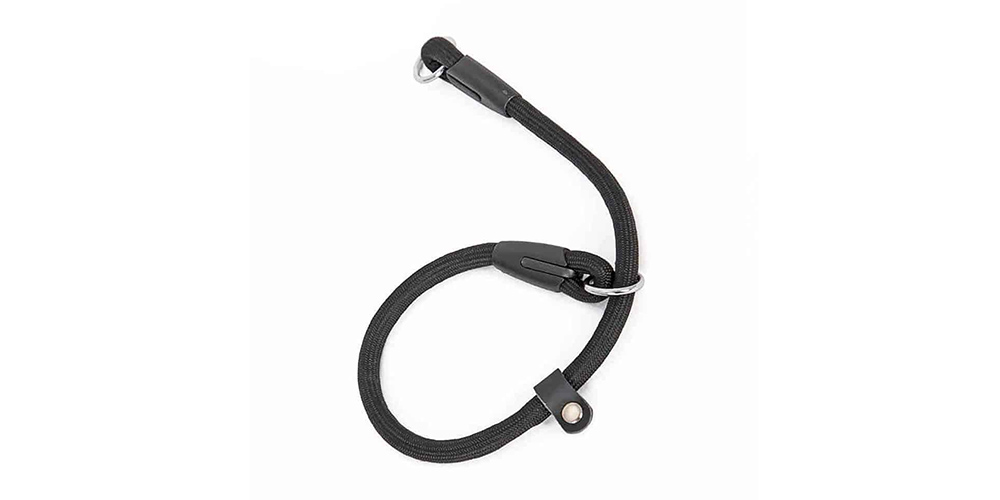Keeping your dog under control during training can be a challenge. Even the friendliest of dogs may feel threatened when confronted with a stranger, another dog, or an unfamiliar situation. It’s easy for even the most sociable pooch to respond aggressively in these situations. With the right training techniques, however, you can help your dog understand what is expected from them. A nylon training collar is one of the best ways to do this. Nylon training collars come in different styles and sizes to suit different types of dogs and their handlers. The type of collar you choose will depend on your dog’s temperament, size and coat length. Each nylon training collar comes with its own pros and cons that you should think about before making a final decision.
Types of Nylon Dog Training Collars
There are several types of nylon dog training collars to choose from. These include traditional slip collars, halter collars and halti headcollars. You should choose a type of collar that will suit your dog and your training style.
Halter collars – Halter collars are a cross between a traditional slip collar and a head collar. They feature a band around the dog’s muzzle to control their head and a buckle behind their ears. Halter collars are great for dogs that need more control than a traditional collar but don’t respond well to head collars.
Slip collars – Slip collars are the most common type of training collar. They are also called standard collars or buckle-down collars. These collars feature two metal rings, one at the buckle and one near the tip of the collar. You can use the two rings to adjust the collar to your dog’s neck and shoulder.
Head collars – Head collars, or head halters, are used to control your dog’s head and muzzle. They are great for dogs with long, thick fur or other fur types that are hard to hold onto with a standard collar. Head collars are popular with service dogs, as they allow you to control your dog’s mouth without harming them.
Pros and Cons of Nylon Dog Training Collars
Pros – Nylon training collars have several advantages over other types of training collars. These include:
- A wide selection of designs and colours to suit your dog’s personality and your taste.
- A range of sizes, so you can find a collar that is both comfortable and effective for your dog.
- Low cost. High-quality nylon training collars for dogs are very affordable.
- Durability. Nylon training collars are built to last.
Cons – While nylon training collars have a number of advantages, they also have a few disadvantages. These include:
- May be less effective than other types of collars. Nylon collars are best suited to dogs that respond to positive reinforcement and come when called. Other dogs may require a more effective training collar.
- May be too abrasive. If not sized correctly, nylon collars may rub against your dog’s neck and cause irritation.
- May cause hair loss. Nylon collars can remove fur from the area where they are worn, particularly around the neck and head.
Conclusion
Choosing the right training collar is important. Different types of collars suit different dogs and different training styles. Nylon training collars are the most common training collar. They come in a wide variety of styles and sizes and are built to last.

Clare
Clare is a digital marketing consultant focused on the Society blog. He shares articles to promote them on various social media platforms, including LinkedIn, Google+, and Pinterest.